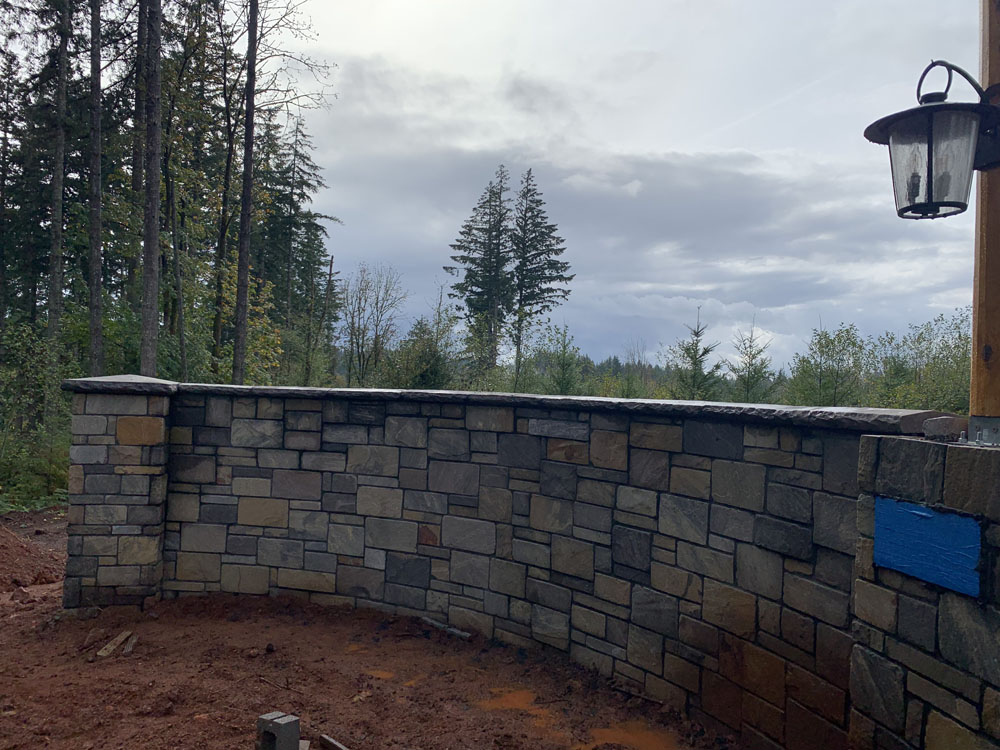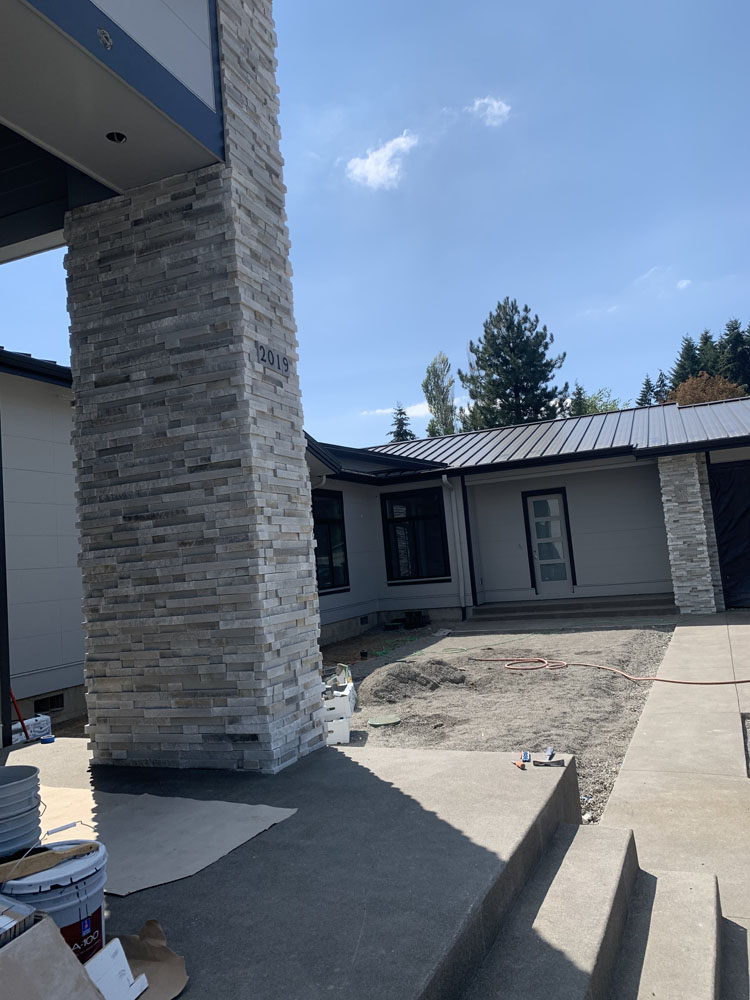Introduction
Masonry has actually been a foundation of architectural style and building for centuries. The strategies utilized by competent masonry service providers have actually progressed substantially from the ancient worlds that first harnessed the power of stone and brick. In this article, we'll dive deep right into the world of masonry, discovering its abundant history, modern innovations, and understandings from skilled professionals in the field.
What is Masonry?
Masonry refers to the structure process that utilizes products such as stone, block, or concrete blocks. It's a method that not just stands the test of time but also provides aesthetic charm and structural integrity. With origins mapping back hundreds of years, masonry has been crucial in developing several of humanity's most renowned structures.
The Advancement of Masonry Techniques
From Old Rocks to Modern Frameworks: Insights on Stonework Techniques from Experienced Contractors covers a wide variety of stonework techniques. This advancement showcases exactly how innovations have actually transformed traditional methods right into contemporary approaches.
Historical Overview of Masonry
- Ancient Civilizations: The Egyptians utilized rock blocks to develop significant frameworks like pyramids. Roman Innovations: The Romans developed the use of concrete, permitting extra complicated designs. Medieval Masonry: Gothic basilicas showcased intricate stonework that emphasized elevation and light.
Each period added one-of-a-kind methods that notified modern practices.
Essential Devices Utilized by Masonry Contractors
Understanding the devices utilized in stonework is critical for valuing the craft. Below are some main tools used by masonry contractors:
Trowel: Made use of for spreading mortar and forming bricks. Level: Ensures frameworks are even. Masonry Saw: Puncture rocks and bricks with precision. Pointing Tool: For finishing joints between stones.By grasping these devices, contractors ensure high quality workmanship in every project.
Types of Stonework Techniques
Different types of stonework strategies satisfy different architectural needs:
- Brick Masonry: Conventional yet flexible, block gives exceptional thermal properties. Stone Masonry: Includes utilizing all-natural rocks; terrific for resilience and aesthetics. Concrete Block Masonry: Cost-effective and solid; perfect for modern-day construction.
Each method has its benefits relying on job requirements.
The Role of a Stonework Contractor
A masonry contractor plays an important role in both property and business jobs. They not only bring experience yet additionally guarantee compliance with building ordinance and regulations.
Responsibilities of a Masonry Contractor
Assessing Job Requirements Sourcing Quality Materials Overseeing Building Processes Ensuring Safety StandardsThese responsibilities highlight their indispensable role in successful construction projects.
The Importance of Quality Materials
Using high-quality materials can considerably affect the long life and look of a structure. Seasonal variations can impact material performance, which is why experienced specialists stress choosing ideal materials based upon ecological conditions.
Common Materials Utilized in Masonry
- Clay Bricks Natural Stone Concrete Blocks Mortar Mixes
Each product serves its purpose while contributing to total structural integrity.
Modern Innovations in Masonry
As technology advancements, so do masonry methods. Modern developments consist of:
3 D Printing Technology: Improving building processes. Eco-Friendly Materials: Lasting options are getting traction among contractors. Advanced Mortars: Enhance adhesion and longevity under varying climate conditions.These innovations existing new chances for designers and builders alike.
Challenges Faced by Today's Masonry Contractors
Even seasoned service providers encounter difficulties:
- Weather conditions can delay projects. Material lacks may develop unexpectedly. Adapting to brand-new innovations requires continual learning.
Addressing these obstacles is essential for maintaining task timelines and quality standards.
Safety Practices in Masonry Work
Ensuring security on-site is vital for any type of stonework specialist:
Wearing Individual Safety Tools (PPE) Using scaffolding correctly Proper lifting methodsImplementing these practices helps stop crashes and injuries throughout building activities.
Case Studies of Historic Structures Constructed with Masonry
Examining historic frameworks supplies beneficial insights into reliable stonework practices:

The Great Wall of China
Constructed over centuries, this huge structure highlights ancient stonework techniques still admired today.
Colosseum in Rome
A marvel of Roman engineering, showcasing sophisticated concrete usage during its time.
By researching these situations, contemporary professionals can glean lessons appropriate to existing projects.
Future Patterns in Masonry
As we look in advance, a number of trends may shape the future landscape of masonry:
Increased Use of Prefabricated Units Enhanced Sustainability Practices Digital Cooperation DevicesThese fads indicate exactly how contractors must stay versatile to prosper in a developing industry landscape.
Frequently Asked Concerns (FAQs)
1. What makes a good stonework contractor?
An excellent stonework service provider has experience, expertise about products, interest to information, solid communication skills, and adherence to security methods-- all essential qualities that ensure effective project outcomes.
2. For how long does it require to finish a masonry project?
The timeline varies extensively depending upon elements such as job dimension, intricacy, product schedule, climate condition, and manpower effectiveness-- varying from weeks for tiny jobs to months for bigger buildings like buildings or walls.
3. What prevail issues encountered during stonework work?
Common problems consist of wetness infiltration causing mold development or deterioration over time; incorrect mixing ratios causing weak bond strengths; weather-related delays; or unanticipated architectural issues discovered during remodellings or repair work-- each calling for cautious monitoring by skilled contractors.
4. Is it required to hire specialists for small masonry jobs?
While do it yourself enthusiasts may deal with minor repairs or setups themselves if they have enough skills/knowledge about appropriate tools/materials involved-- it's typically a masonry construction good idea hiring specialists makes sure top quality craftsmanship reduces possible errors/costly blunders down roadway-- especially when structural stability at stake!
5. Exist environment-friendly options available in masonry?
Yes! Many manufacturers now generate lasting items created particularly reduce ecological effect-- such as recycled content bricks/concrete blends-- enabling clients develop sensibly without compromising style/functionality!
6. What upkeep does masonry need over time?
Routine examinations should be performed identify visible cracks/joint splitting up ensuring seals intact preventing water damage-- routine cleaning will certainly also maintain surfaces looking fresh/appealing while safeguarding underlying structure integrity!

Conclusion
In final thought, checking out the trip "From Ancient Rocks to Modern Frameworks: Insights on Masonry Techniques from Seasoned Professionals" exposes not just background however likewise technology within this ancient craft-- a testament resilience versatility displayed throughout centuries! With each passing decade produces new difficulties & & opportunities shaping future landscape sector, yet core concepts workmanship stay unmodified leading hands experienced masons today towards creating stunning long-lasting jobs style inspiring generations yet come!